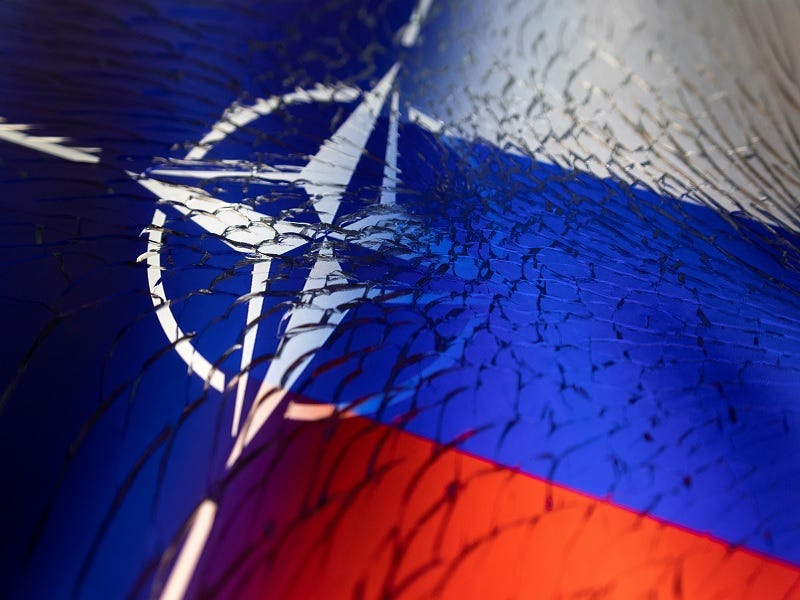Everything is moving so fast that nobody can say with confidence exactly what will or won’t happen, but a reminder of each side’s interests as their policymakers conceive them to be can help obtain a better idea of how likely certain scenarios might be.
Sputnik reported on Monday that the Russian General Staff is preparing to carry out drills for practicing the use of tactical nuclear weapons, which follows Foreign Ministry spokeswoman Zakharova warning over the weekend that NATO’s “Steadfast Defender” drills are possible preparations for war with Russia. Italy’s La Repubblica also reported over the weekend that NATO might conventionally intervene in Ukraine if Russia crosses into there from Belarus or carries out “provocations” against fellow members.
These developments follow GUR deputy chief Skibitsky telling The Economist last week that the front lines might soon collapse, which aligns with the Ukrainian Intelligence Committee’s worst-case scenario that they shared in late February. It’s also worth mentioning that Macron just reaffirmed his threat from that time to intervene in Ukraine (most likely around Odessa) in that event, that Poland is no longer ruling out doing the same, and the Ukrainian premier just said that he might request NATO troops.
It's little wonder then that Russia interpreted these signals as preconditioning the Western public to accept that possibility, ergo why its General Staff is now preparing to carry out drills for practicing the use of tactical nuclear weapons. La Repubblica’s report claimed that a whopping 100,000 NATO troops could flood into Ukraine if the decision is made, with the only realistic way to stop them from going beyond the Dnieper and directly clashing with Russian troops is to use tactical nukes in self-defense.
Everything is moving so fast that nobody can say with confidence exactly what will or won’t happen, but a reminder of each side’s interests as their policymakers conceive them to be can help obtain a better idea of how likely certain scenarios might be. Russia wants to demilitarize and denazify Ukraine while NATO wants to stop them, with neither being able to achieve their maximum goals in this respect. The game-changing variable, however, will be what each does if/when the front lines collapse.
Russia will at least move to secure the full administrative borders of its four recently reunified regions, but it might go beyond that and potentially also open up more fronts in the north (whether from Belarus and/or around Sumy-Kharkov) in order to achieve as much of its aforesaid goals as possible. Should that happen, then NATO might panic depending on how far and fast Russia advances, thus serving to justify whatever pretext they concoct for commencing a conventional intervention in Ukraine.
The NATO-Russian security dilemma, which frames the abovementioned sequence of events, would unprecedentedly worsen since Russia might then panic depending on how far and fast NATO advances. The bloc might just occupy everything west of the Dnieper, but it could also cross the river and place its forces in position to attack Russia’s. Any perceived move in that direction, let alone actual ones, could prompt Russia to preempt that with tactical nukes. If they’re dropped, then the whole world will change.
The most effective way to defuse this apocalyptic security dilemma is for a neutral third party like India or the Pope to mediate between each side and discover their intentions to pass along to the other. If Russia doesn’t plan to march on Kiev once again and NATO doesn’t plan to cross the Dnieper, then neither might panic and overreact by inadvertently crossing the other’s red lines. A semi-orderly Ukrainian military withdrawal over the Dnieper to demilitarize the east as a buffer zone could then occur.
That would be the best-case scenario for de-escalating these dangerous dynamics, though it of course can’t be taken for granted since nobody is presently mediating between them, and one or the other might lie to whoever does in order to deceive their opponents. Nevertheless, hopefully someone steps up to try before the front collapses and their noble efforts are sincerely welcomed by both sides, since the reluctance to do so could doom the world to destruction in the worst-case scenario.




